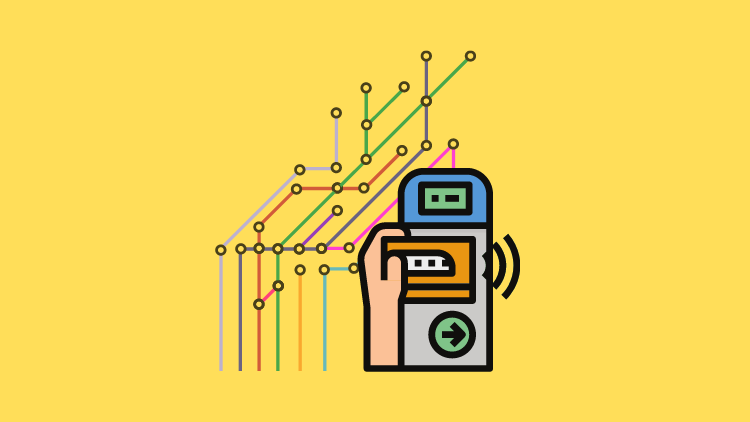Data Snacks
Data Snack: Opportunities in generating synthetic financial data
- Collecting, organizing and sharing data can be a costly and risky process.
- FIs and Big Tech are looking into generating 'synthetic data'. Which mimics real data but removes the risk of privacy breaches occurring due to exposure of Personally Identifiable Information.








